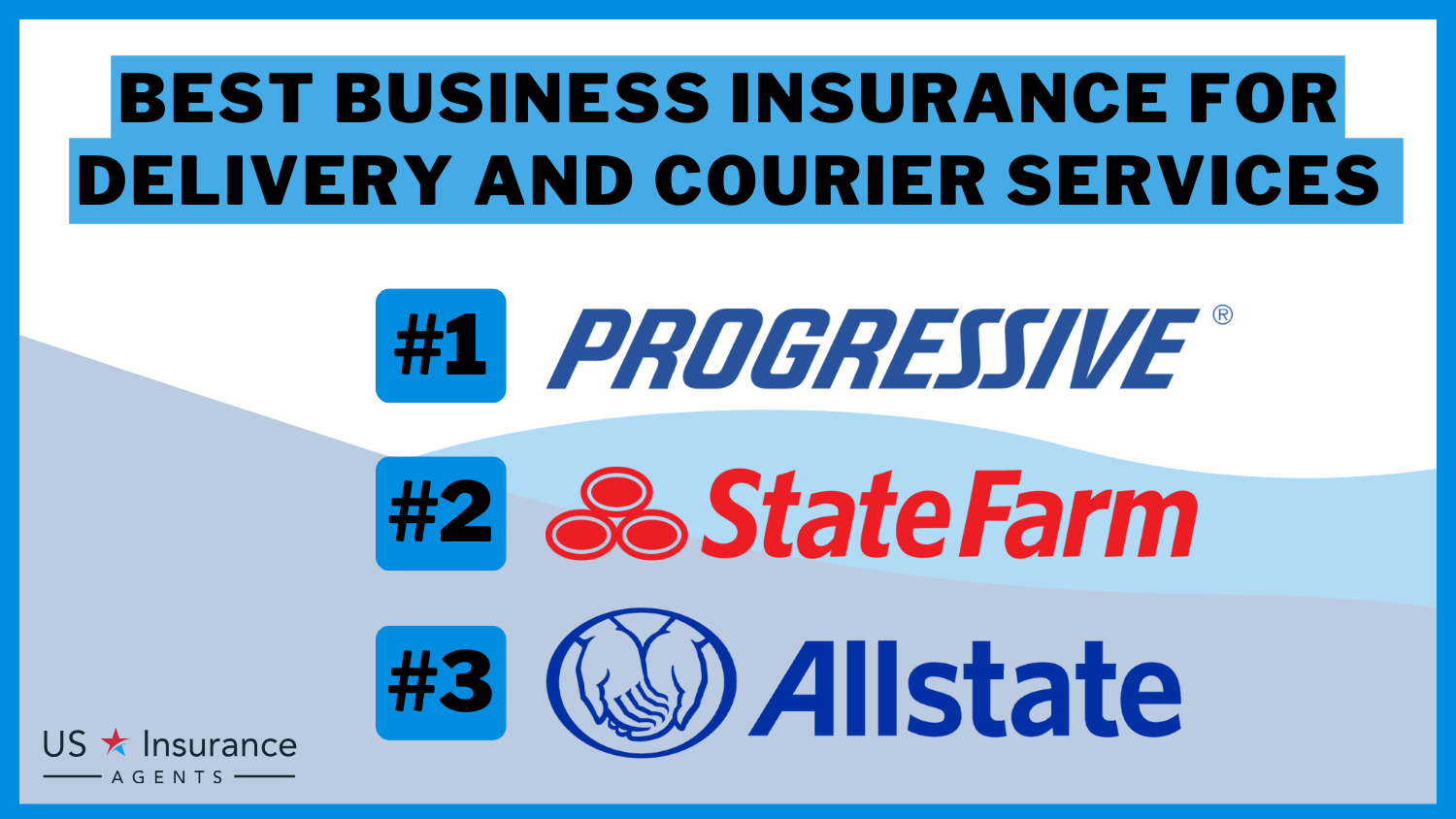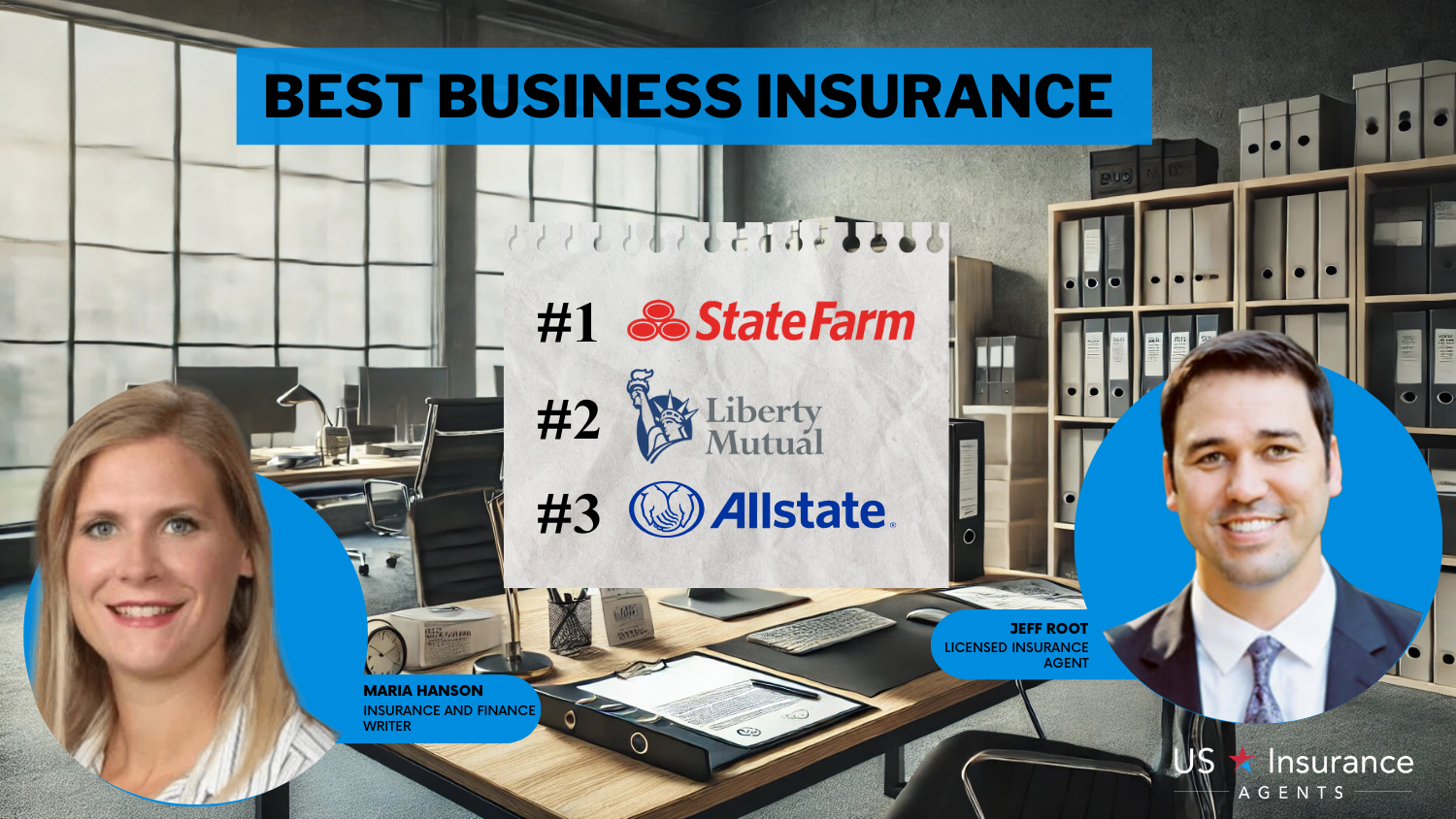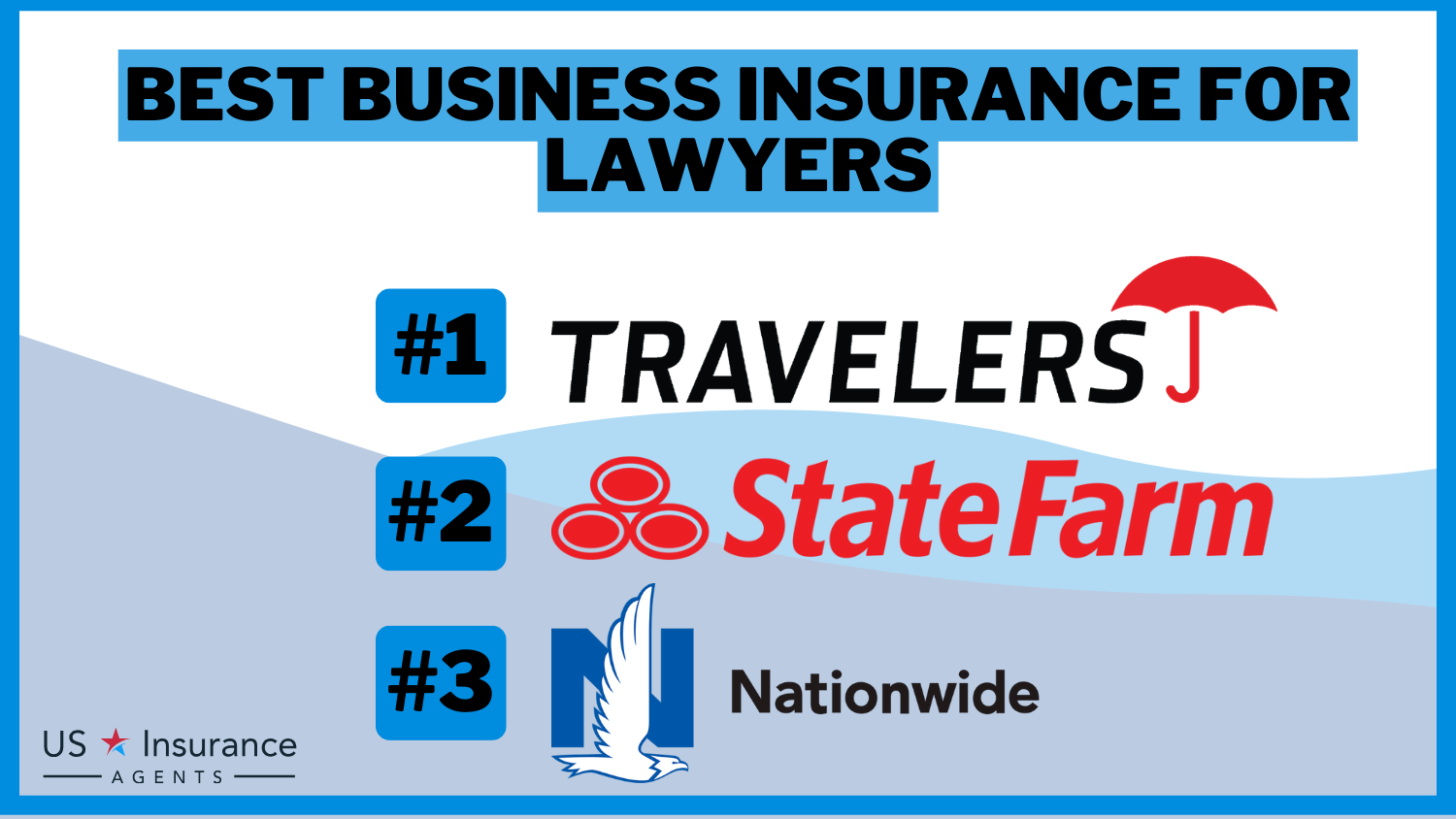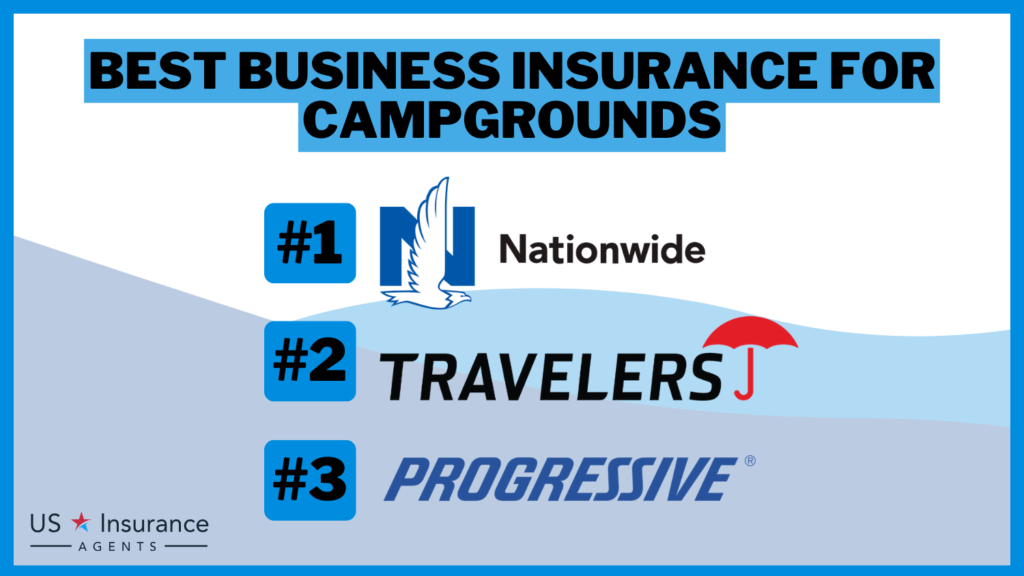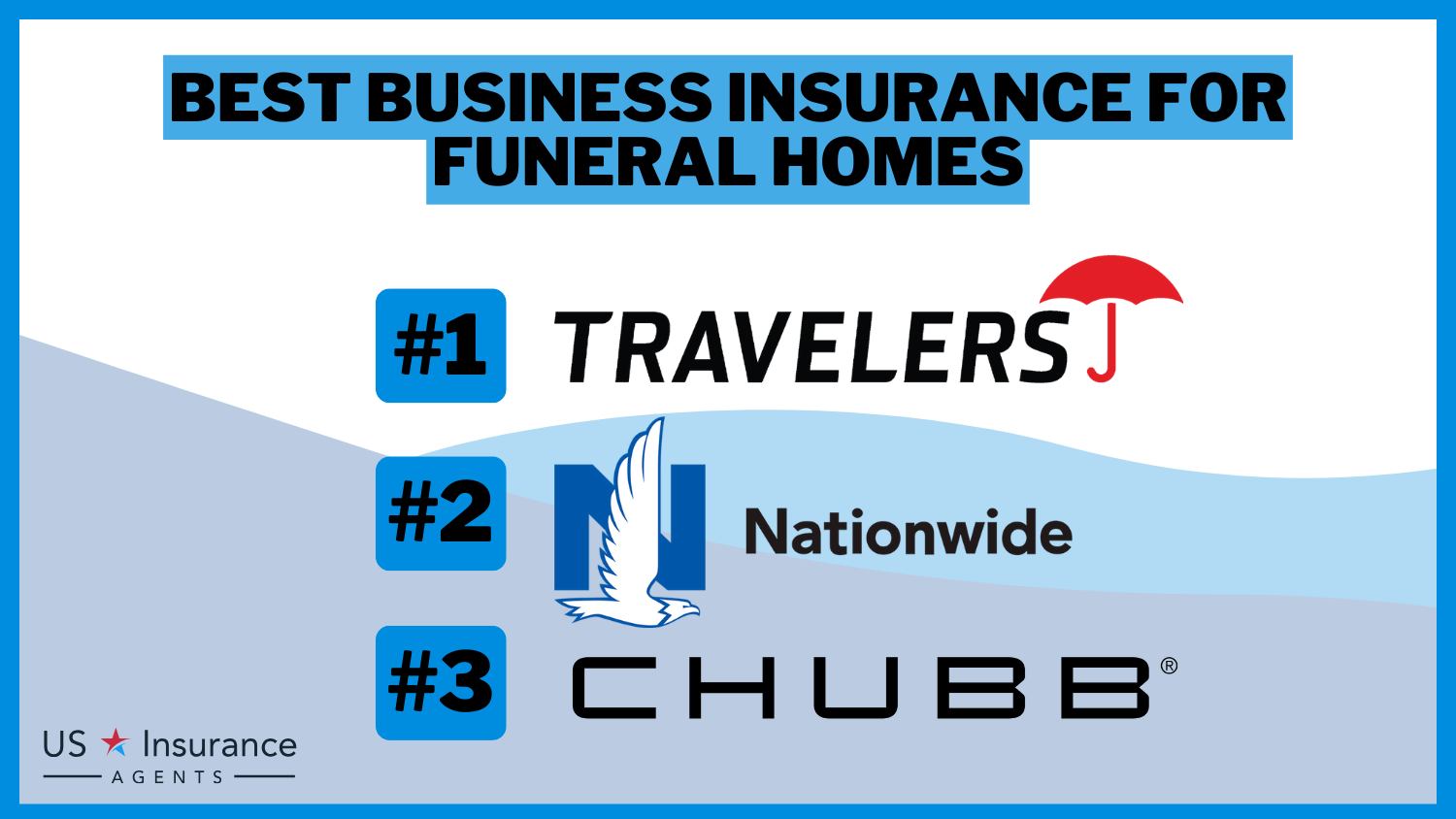Best Business Insurance for a CPA (2026)
Discover the importance of insurance for CPAs. From professional liability to cyber liability coverage, learn how insurance safeguards their practice, mitigates risks, and protects against legal challenges. Find answers to FAQs and gain insights on managing insurance costs. Ensure a secure and successful CPA career.
Read more Secured with SHA-256 Encryption






Table of Contents
Table of Contents


Insurance and Finance Writer
Karen Condor is an insurance and finance writer who has degrees in both journalism and communications. She began her career as a reporter covering local and state affairs. Her extensive experience includes management positions in newspapers, magazines, newsletters, and online marketing content. She has utilized her researching, writing, and communications talents in the areas of human resources...
Karen Condor


Sr. Director of Content
Sara Routhier, Senior Director of Content, has professional experience as an educator, SEO specialist, and content marketer. She has over 10 years of experience in the insurance industry. As a researcher, data nerd, writer, and editor, she strives to curate educational, enlightening articles that provide you with the must-know facts and best-kept secrets within the overwhelming world of insurance....
Sara Routhier


Licensed Insurance Agent
Michelle Robbins has been a licensed insurance agent for over 13 years. Her career began in the real estate industry, supporting local realtors with Title Insurance. After several years, Michelle shifted to real estate home warranty insurance, where she managed a territory of over 100 miles of real estate professionals. Later, Agent Robbins obtained more licensing and experience serving families a...
Michelle Robbins
Updated January 2025
- Accountants and auditors need business insurance to cover legal fees and risks associated with their work.
- Types of insurance accountants may require include professional liability, general liability, business owner’s policy, workers’ compensation, cyber liability, and commercial auto insurance.
- Insurance premiums are influenced by factors such as the size of the firm, coverage limits, and the level of risk involved.
As an accountant or auditor, precision and accuracy are essential in your work. However, mistakes can still occur since you’re only human. That’s where business insurance comes in. Accountant insurance provides coverage for legal fees associated with errors on tax returns or missed filing deadlines.
It also protects against common risks that can affect any business, such as theft and injuries. In this article, we will explore the types of insurance accountants and auditors need, factors that affect insurance premiums, and how to obtain business insurance easily.
The Crucial Importance of Insurance for CPAs: Mitigating Risks and Safeguarding Professional Success
CPAs (Certified Public Accountants) play a critical role in financial reporting, tax preparation, and various financial services. Due to the nature of their work, CPAs face certain risks and potential liabilities that make insurance coverage essential. Here are the key reasons why CPAs need insurance:
- Professional Liability Risks: CPAs are entrusted with providing accurate financial information and advice to their clients. However, errors, omissions, or negligence can occur, leading to financial losses for clients. Professional liability insurance, also known as errors and omissions insurance, protects CPAs from legal expenses and damages in case a client files a lawsuit alleging professional negligence or mistakes.
- Legal and Regulatory Compliance: CPAs must comply with strict regulations and standards set by professional accounting bodies and governmental agencies. Failing to meet these standards can result in legal disputes, fines, and penalties. Professional liability insurance helps cover the costs of legal defense and settlements in such situations.
- Data Security and Cyber Risks: CPAs often handle sensitive financial and personal information of their clients. The risk of data breaches, cyberattacks, or accidental disclosure of confidential data is a significant concern. Cyber liability insurance safeguards CPAs against financial losses arising from data breaches, hacking incidents, or other cyber threats.
- General Business Risks: CPAs, like any business, face general liability risks. These include slip-and-fall accidents in their office premises, damage to client property, or advertising-related claims. General liability insurance provides coverage for such common risks, ensuring CPAs are protected from the financial consequences of these incidents.
- Employee-Related Risks: If a CPA firm has employees, it is typically required by law to have workers’ compensation insurance. This coverage protects employees in case of work-related injuries or illnesses. It also safeguards the business from potential lawsuits by employees seeking compensation for their injuries.
- Protection of Assets: CPAs may own valuable assets, such as office equipment, computers, and specialized software. Commercial property insurance ensures that these assets are protected against risks like theft, fire, or natural disasters.
By having appropriate insurance coverage in place, CPAs can mitigate the financial risks associated with their professional services, safeguard their reputation, and provide reassurance to their clients.
Free Business Insurance Comparison
Compare Quotes From Top Companies and Save
Secured with SHA-256 Encryption
Comprehensive Insurance Coverage for CPAs: Safeguarding Against Risks and Liabilities
As a CPA (Certified Public Accountant), it is crucial to have the right insurance coverage to protect your practice from various risks and liabilities. Here are the key types of insurance that CPAs should consider:
- Professional Liability Insurance (Errors and Omissions Insurance): Professional liability insurance is specifically designed to protect CPAs from claims of professional negligence, errors, or omissions in their services. It covers legal expenses, settlements, and damages arising from alleged mistakes or failures to meet professional standards.
- General Liability Insurance: General liability insurance provides coverage for a wide range of general risks that CPAs may face. It protects against third-party claims for bodily injury, property damage, or personal injury occurring on your business premises or as a result of your business operations.
- Cyber Liability Insurance: CPAs deal with sensitive client information and financial data, making them potential targets for cyberattacks and data breaches. Cyber liability insurance helps cover the costs associated with data breaches, including legal fees, notification expenses, credit monitoring services, and potential liability claims.
- Business Owner’s Policy (BOP): A business owner’s policy combines general liability insurance and commercial property insurance into a single package. It provides comprehensive coverage for both property damage and liability claims, offering convenience and cost savings for CPAs.
- Workers’ Compensation Insurance: If your CPA firm has employees, workers’ compensation insurance is typically mandatory in most states. It provides coverage for medical expenses, lost wages, and rehabilitation costs in the event that an employee sustains a work-related injury or illness.
- Commercial Auto Insurance: CPAs who use vehicles for business purposes, such as client visits or errands, should consider commercial auto insurance. This coverage protects against accidents, property damage, and bodily injury that may occur while operating business-owned vehicles.
It is essential for CPAs to carefully assess their specific needs and risks to determine which types of insurance are most appropriate for their practice. Working with an experienced insurance professional can help ensure that you have the right coverage in place to protect your business and professional reputation.
Read more: CPA Car Insurance Discount
Deciphering the Complexity: Unraveling the Cost Factors of Insurance for CPAs
The cost of insurance for CPAs can vary depending on several factors. It is essential to consider these factors when determining the insurance premiums for your practice. Here are the key factors that can influence the cost of insurance for CPAs:
- Coverage Types and Limits: The types of insurance coverage you choose and the limits you set will directly impact the cost. Higher coverage limits generally result in higher premiums. For example, a CPA with a higher professional liability insurance limit will likely pay more than one with a lower limit.
- Professional Experience and Claims History: Insurance providers often consider the professional experience and claims history of CPAs when determining premiums. If you have a history of claims or lawsuits, it may lead to higher insurance costs.
- Size and Revenue of the Practice: The size of your practice, including the number of employees and annual revenue, can affect insurance premiums. Larger practices with higher revenues typically have higher premiums due to the increased risk exposure.
- Nature of Services and Areas of Practice: The specific services you provide as a CPA and the areas of practice can impact insurance costs. For example, CPAs engaged in high-risk areas such as auditing or financial advisory services may face higher premiums.
- Risk Management Practices: Insurance providers may consider your risk management practices when determining premiums. Having robust internal controls, risk mitigation strategies, and professional development programs can potentially help lower insurance costs.
- Location: The geographical location of your practice can influence insurance premiums. Areas with higher incidences of claims or higher costs of living may result in higher premiums.
To get an accurate estimate of insurance costs, it is advisable to obtain quotes from multiple insurance providers. Working with an insurance professional who specializes in serving CPAs can help you navigate through different coverage options and find the most cost-effective solutions for your practice.
Obtaining Insurance for CPAs: A Step-by-Step Guide
Getting insurance coverage for your CPA practice is a straightforward process. Here’s a step-by-step guide to help you navigate through obtaining insurance as a CPA:
- Assess Your Insurance Needs: Determine the types of insurance coverage that align with your specific risks and liabilities. Consider factors such as the nature of your services, size of your practice, and regulatory requirements.
- Research Insurance Providers: Look for reputable insurance providers that specialize in serving CPAs. Consider their experience, customer reviews, and the range of coverage options they offer. It’s essential to work with a provider who understands the unique needs of CPAs.
- Gather Relevant Information: Before applying for insurance, gather the necessary information about your CPA practice. This may include your business structure, annual revenue, number of employees, and details about your professional services.
- Request Insurance Quotes: Reach out to the selected insurance providers and request quotes based on your specific insurance needs. Provide accurate information to ensure the quotes are tailored to your practice.
- Compare Coverage and Premiums: Evaluate the coverage terms, limits, exclusions, and deductibles offered by different insurance providers. Compare the premiums associated with each coverage option to find the best balance between coverage and affordability.
- Consult with an Insurance Professional: If needed, consult with an insurance professional who specializes in serving CPAs. They can provide expert guidance, help you understand policy terms, and answer any questions you may have about the coverage.
- Review and Select the Right Coverage: Carefully review the coverage details, policy documents, and terms and conditions provided by the insurance providers. Select the insurance coverage that best meets your practice’s needs and offers comprehensive protection.
- Complete the Application Process: Once you’ve decided on a specific insurance provider and coverage option, complete the application process. Provide accurate information and ensure all required documentation is submitted.
- Review and Sign the Policy: After your application is reviewed and accepted, carefully review the insurance policy. Ensure that it accurately reflects the coverage and terms you agreed upon. Sign the policy to finalize the insurance coverage.
- Maintain Ongoing Communication: Keep the lines of communication open with your insurance provider. Notify them of any changes in your practice, such as expansion, new services, or changes in staff, to ensure your coverage remains adequate.
By following these steps and working with experienced insurance professionals, you can obtain the insurance coverage needed to protect your CPA practice from potential risks and liabilities.
Free Business Insurance Comparison
Compare Quotes From Top Companies and Save
Secured with SHA-256 Encryption
Case Studies: Real-Life Scenarios Highlighting the Importance of Insurance for CPAs
Case Study 1: Professional Liability Coverage
CPA Firm XYZ, a mid-sized accounting firm, provided tax preparation services to a diverse clientele. Due to an oversight in one of the tax returns filed, a client faced significant financial penalties from the tax authorities. The client decided to file a lawsuit against the firm, alleging negligence and seeking compensation for the penalties incurred. Thankfully, CPA Firm XYZ had professional liability insurance in place. The insurance coverage helped cover the legal expenses involved in defending the lawsuit and eventually reached a settlement with the client. This case illustrates how professional liability coverage protected the CPA firm from the financial impact of a client’s claim.
Case Study 2: Cyber Liability Protection
CPA John Doe operated a solo practice and stored client financial data electronically. Unfortunately, his office experienced a data breach, resulting in the unauthorized access and theft of sensitive client information. Recognizing the potential consequences of the breach, John was relieved to have cyber liability insurance. The insurance coverage provided support for forensic investigations, notifying affected clients, and offering credit monitoring services. It also covered the legal expenses arising from potential lawsuits. By having cyber liability insurance, John was able to mitigate the financial losses and protect his reputation, reassuring his clients of his commitment to data security.
Case Study 3: General Liability and Property Coverage
CPA Firm ABC leased office space in a commercial building. During a client meeting, a client tripped and fell in the firm’s reception area, sustaining injuries. The client held the CPA firm responsible for the accident and decided to file a lawsuit seeking compensation for medical expenses and damages. Fortunately, CPA Firm ABC had general liability insurance as part of their business owner’s policy (BOP). The insurance coverage helped cover the client’s medical expenses, legal fees, and settlement costs. Additionally, the BOP included commercial property insurance, which covered the damage caused to the firm’s office furniture during the incident. This case demonstrates how general liability and property coverage provided crucial financial protection for the CPA firm in a liability claim scenario.
These case studies highlight the importance of insurance coverage tailored to the specific risks faced by CPAs. Whether it’s professional liability, cyber liability, or general liability coverage, having the right insurance in place can safeguard CPA practices from potential financial hardships and legal challenges.
In Summary: Business Insurance for CPAs
In conclusion, insurance plays a crucial role in the professional lives of CPAs, providing a safety net against various risks and liabilities. The nature of their work demands precision and accuracy, yet they are human and prone to errors.
Additionally, CPAs face common business risks such as theft, accidents, and data breaches. Having the right insurance coverage ensures that CPAs can navigate these challenges without jeopardizing their professional success.
CPAs must recognize the vital role of insurance in mitigating risks, protecting their professional reputation, and securing their financial well-being. By investing in comprehensive insurance coverage, CPAs can focus on providing quality services to their clients, knowing that they have a safety net that can help them overcome unforeseen challenges and ensure long-term success.
Frequently Asked Questions
Why do CPAs need professional liability insurance?
Professional liability insurance, also known as errors and omissions insurance, is essential for CPAs as it provides financial protection against claims of negligence, errors, or omissions in their professional services. It covers legal expenses, settlements, and damages resulting from alleged mistakes, helping CPAs safeguard their practice and reputation.
Is cyber liability insurance necessary for CPAs?
Yes, cyber liability insurance is highly recommended for CPAs. As they handle sensitive client information and financial data, CPAs are potential targets for cyberattacks and data breaches. Cyber liability insurance helps cover the costs associated with data breaches, including legal fees, notification expenses, credit monitoring services, and potential liability claims.
Do CPAs need workers’ compensation insurance if they don’t have employees?
Even if CPAs operate as sole proprietors without employees, workers’ compensation insurance is still worth considering. It provides coverage for work-related injuries or illnesses that health insurance might deny. Additionally, some states require workers’ compensation insurance for accounting firms, regardless of the number of employees.
Can a business owner’s policy (BOP) benefit CPAs?
Yes, a business owner’s policy (BOP) can be beneficial for CPAs. A BOP combines general liability insurance and commercial property insurance into a single package. It offers comprehensive coverage for both property damage and liability claims, providing convenience and potential cost savings for CPAs.
How can CPAs manage insurance costs?
CPAs can manage insurance costs by considering several factors:
- Assessing their specific insurance needs and selecting coverage options accordingly.
- Implementing risk management practices and maintaining a claims-free history.
- Comparing quotes from multiple insurance providers to find competitive premiums.
- Working with experienced insurance professionals who specialize in serving CPAs to navigate coverage options and obtain the most cost-effective solutions.
Get a FREE Quote in Minutes
Insurance rates change constantly — we help you stay ahead by making it easy to compare top options and save.

